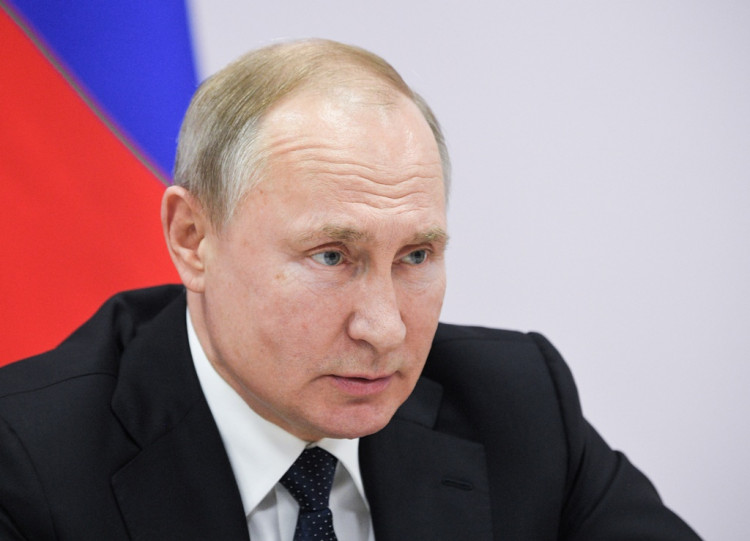Russian President Vladimir Putin has ordered the conscription of 133,000 additional servicemen as part of Russia's autumn draft, which runs from October 1 through the end of the year. This latest draft, outlined in a Kremlin decree published on Monday, is aimed at bolstering the country's military ranks amid its ongoing conflict with Ukraine. The new recruits will be men aged between 18 and 30 who are not in the reserve, with the draft following the same terms as previous ones, requiring 12 months of service within Russian military units.
Vice-Admiral Vladimir Tsimlyansky, head of Russia's conscription office, sought to reassure the public by stating that these conscripts would not be deployed to the frontlines in Ukraine, where Russia has been engaged in a full-scale invasion since February 2022. "Conscripts will not be called up to participate in the special military operation in the new regions," Tsimlyansky was quoted as saying by Rossiyskaya Gazeta. Despite these assurances, the Kremlin is facing increasing domestic unrest as concerns rise over the potential deployment of young, inexperienced conscripts to regions near the Ukraine conflict.
The ongoing war in Ukraine, which Russia refers to as a "special military operation," has faced fierce resistance from Ukrainian forces backed by Western allies. Moscow's annexation of parts of southeastern Ukraine in late 2022, an action widely condemned by the international community, has only intensified the conflict. As the war drags on, Russia's need for more troops has become apparent, with Putin previously announcing plans to increase the army's size by 180,000 troops, aiming to bring the total number of active servicemen to 1.5 million-the second-largest military force in the world, behind China's.
This latest draft order exceeds last year's autumn conscription numbers, which saw 130,000 men called up, and follows the spring draft, where another 150,000 recruits were added. However, the growing reliance on conscription has ignited significant discontent among Russian citizens, particularly parents who fear for the safety of their sons. Many are concerned that despite the government's promises, these young men may end up near the volatile frontlines of the war.
One of the most poignant expressions of this dissatisfaction comes from grieving mother Elena Shumilova, who publicly confronted Putin after her 18-year-old son, an untrained conscript, was killed in the war. Her son, Valentin Shumilov, was stationed in Russia's Kursk region, which has seen intense fighting, and was killed by an artillery barrage just weeks before he was scheduled to return home. Shumilova's emotional letter to Putin questions the Russian president's promises that conscripts would not be sent into harm's way. "Explain to me, the mother of a conscript, how did my son die? [You] shout loudly that conscripts do not fight, but their mothers keep burying them," she wrote.
Shumilova's accusations have struck a chord with many in Russia, particularly her claim that the children of government officials and wealthy elites are shielded from the dangers of war while ordinary families bear the burden of sending their sons to fight. She accused Putin of pushing "our children to certain death," noting that her son and others like him had received little training before being sent to the frontlines.
The concerns raised by Shumilova are echoed by many other Russian families, as reports indicate that conscripts have been deployed to tense regions along the Ukrainian border, including Belgorod and Kursk. Despite the official stance that conscripts will not be sent into direct combat, there have been numerous accounts of young soldiers being stationed in dangerous areas, where they face the very real possibility of being drawn into the conflict.






